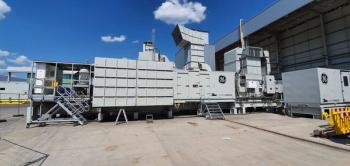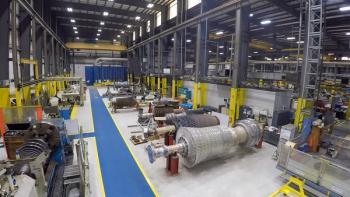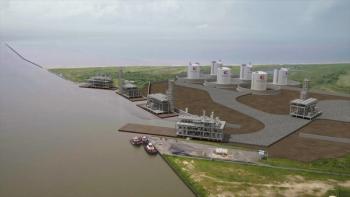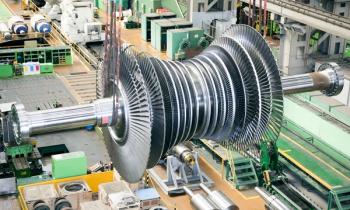
Ansaldo Nucleare, Webuild to Support Small, Advanced Modular Reactor Development
Small modular reactors (SMRs) and advanced modular reactors (AMRs) benefit from lower investment costs, operational flexibility, and construction modularity.
Ansaldo Nucleare and Webuild signed a memorandum of understanding (MoU) to develop safe, sustainable, and flexible solutions for the nuclear energy sector—the parties will collaborate on the development, marketing, and implementation of SMRs around 300 MW and AMRs.
SMRs are modular and flexible, while AMRs are fourth-generation nuclear fission reactors in the development stage. AMRs feature new cooling systems, such as molten metal, to improve performance and deliver new functionalities: co-generation, hydrogen production, fuel-cycle solutions, and nuclear waste management.
According to Ansaldo Nucleare, SMRs and AMRs will be able to generate cheap, dispatchable, and decarbonized energy due to low investment costs, operational flexibility, construction modularity, production serialization, and a simplified certification procedure.
Ansaldo Nucleare News
In July 2024, a consortium of
Per the MoU, partners will leverage EDF’s SMR technology, Edison’s expertise, and the engineering and industrial capabilities of Ansaldo Energia and Ansaldo Nucleare to establish a nuclear energy supply contract in the medium- and long-term. The consortium’s goal is to implement an energy transition that relies on a baseload, flexible energy source at fixed costs—this enables decarbonization while minimizing overall energy costs.
In February,
Currently, two 700 MWe CANDU 6 type units are in operation at the Cernavoda power plant, which became operational in 1996 and 2007, respectively. Together, these units supply approximately 20% of Romania’s energy needs. Ansaldo Nucleare participated in the construction of the units, which are designed for an operating cycle of 30 years. At the end of 2026, Unit 1will reach the 30-year milestone and, as a result, SNN has started the refurbishment process.
Newsletter
Power your knowledge with the latest in turbine technology, engineering advances, and energy solutions—subscribe to Turbomachinery International today.




